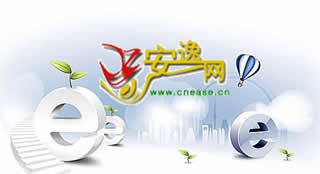In recent years, “Tiger mother” has been a hot topic in our life. “Tiger mother” is a very strict mother who makes her children work particularly hard and restricts their free time so that they continually achieve the highest grades. After that, the word “tiger mother” has been regarded as a synonym for a strict education mode.
近年来,“虎妈”已经成为我们生活中的一个热门话题。“虎妈”是一个非常严格的母亲她让她的孩子特别努力工作,并限制他们的自由时间,以让他们不断地达到最高峰。在那之后,“虎妈”已被视为严格的教育模式的同义词。
However, the opposite method from Finland’s education system is also brought into public focus nowadays, which is called as “sheep mother”. People who advocate this kind of education mode believe that education is a “service” and children are “customs”. Therefore, there are only general objectives but no concrete syllabus and teachers can use any methods as long as most children can reach the goals. It got this name because people thought that children who are under this mode felt like herding sheep.
然而,与它相对的芬兰教育系统的方法也引起当今公众的关注,被称为“羊妈”。同意这一教育模式的人认为教育是“服务”孩子是“顾客”。 因此,只有总体的目标,而没有具体的教学大纲,教师可以使用任何可以让大多数孩子达到目标的方法。它得到这个名字是因为人们认为在那样的模式下的儿童就像是在放羊。
Facing with two kinds of different education modes, people meet with the problem when teaching their children. As far as I am concerned, both of them have some advantages and disadvantages. Thus, parents have to combine their advantages with their children’s special conditions so that they can adjust their concrete strategies to teach their children. As the saying goes, “all things in their being are good for something”, parents should be confident of their own children no matter which education mode they adopt.
面对两种不同的教育方式,在教孩子的时候他们遇到了困难。就我而言,两种方式都有优点和缺点。因此,家长要结合自己的优势和他们孩子的特殊条件来使调整具体的策略来教他们的孩子。俗话说,“所有存在的事物都有好的一面“,不管采取哪种教育模式父母都应相信自己的孩子。




